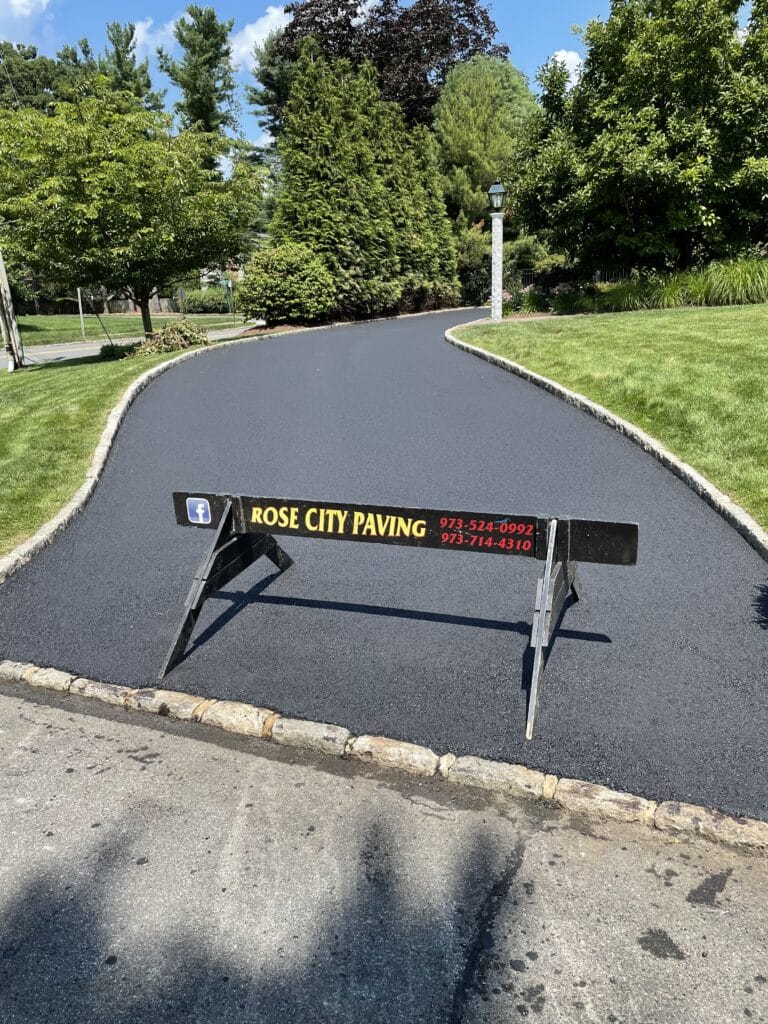Lengthen Pavement Life Expectancy: Innovative Cold Mix Asphalt Sealing
Lengthen Pavement Life Expectancy: Innovative Cold Mix Asphalt Sealing
Blog Article
Cold Mix Asphalt Vs. Hot Mix Asphalt: Which Is Right for You?

Composition Differences
Cold mix and hot mix asphalts vary substantially in their make-up, with distinct attributes that influence their performance and applications. Cold mix asphalt is generated by emulsifying the asphalt binder with water and an emulsifying agent before blending it with aggregate. This approach enables the asphalt to be convenient at reduced temperature levels, making it optimal for short-term repair services and for usage in colder climate condition. Hot mix asphalt, on the various other hand, is made at heats, usually between 300-350 ° F, which helps to accomplish much better compaction and an extra sturdy end product. The hot mix asphalt production procedure involves heating the aggregate and asphalt binder individually prior to incorporating them at the asphalt plant.
Moreover, chilly mix asphalt often tends to be much less dense and more adaptable than warm mix asphalt. This flexibility makes it better suited for areas with higher levels of movement, such as driveways or roads with rush hour. On the other hand, hot mix asphalt is understood for its high toughness and resistance to rutting and cracking, making it a preferred choice for freeways and high-traffic roads where longevity is vital.
Setup Process Variances
The process of installing cold mix and warm mix asphalt shows significant variations in their procedures and requirements. Cold mix asphalt, being an extra adaptable product, can be used straight from the bag or container onto the split or harmed area. It calls for marginal preparation work, such as cleaning up the area and compacting the cool combine with hand tools. This makes it a convenient alternative for fast and short-term solutions. On the other hand, warm mix asphalt necessitates a more sophisticated installment process. It entails heating up the mix to high temperatures before laying it down on an appropriately prepared base. The preparation consists of compacting the base, applying a tack layer, and making use of heavy machinery like pavers and compactors for a smooth and durable finish. Due to the heating requirements, warm mix asphalt installations are normally brought out by specialists with specialized devices, ensuring a much more long-term and structurally audio outcome.
Durability and Durability Variables
When considering asphalt alternatives, resilience and durability are critical elements to assess for long-term sidewalk performance. Warm mix asphalt (HMA) is recognized for its remarkable durability and longevity. The high temperatures throughout the blending and laying procedure allow for far better compaction, causing a denser and stronger sidewalk framework. This results in HMA being much more resistant to rush hour tons, extreme climate condition, and the results old compared to cold mix asphalt (CMA)
In regards to durability, HMA usually exceeds CMA due to its premium stamina and resistance residential properties. HMA sidewalks have a longer service life, calling for less constant fixings and upkeep, which find out here can translate to set you back savings over time. Additionally, HMA sidewalks are much more conveniently adjustable to meet specific job requirements, additionally enhancing their toughness.
Price Considerations
Considering the monetary effects is an essential element when examining the option between warm mix asphalt (HMA) and chilly mix asphalt (CMA) for pavement jobs. visit the website While the preliminary expense of warm mix asphalt is commonly greater than that of cool mix asphalt, HMA usually offers a more affordable solution in the lengthy run due to its premium resilience and longevity.
In addition to material prices, it's essential to take into consideration the costs linked with installment and maintenance when contrasting HMA and CMA. Eventually, the choice in between HMA and CMA must take into account not simply the initial expense yet additionally the long-lasting economic implications to figure out the most cost-efficient option for the certain sidewalk task.
Environmental Effect Comparison
Comparison of the ecological effects between warm mix asphalt (HMA) and cool mix asphalt (CMA) discloses unique distinctions in sustainability practices. HMA manufacturing needs high temperature levels, leading to boosted power intake and greenhouse gas discharges.
Additionally, the usage of CMA commonly includes recycling existing asphalt sidewalk, promoting resource conservation and lowering the quantity of waste sent out to land fills. By opting for CMA over HMA, road construction tasks can add favorably to environmental preservation efforts.
Verdict
To conclude, the choice between cold mix asphalt (CMA) and warm mix asphalt (HMA) depends upon various aspects such as composition, installment process, sturdiness, long life, expense, and ecological influence. asphalt patch repair. While CMA offers a cost-effective and fast option for minor fixings, HMA makes sure premium sturdiness and long life for heavy website traffic areas. Think about these variables very carefully to identify which type of asphalt is the appropriate selection for your paving needs

Considering the financial effects is a vital element when evaluating the option in between warm mix asphalt (HMA) and chilly mix asphalt (CMA) for pavement jobs. While the preliminary cost of warm mix asphalt is normally higher than that of cold mix asphalt, HMA commonly supplies an extra affordable solution in the long run due to its superior sturdiness and longevity. asphalt repair.Comparison of the ecological effects in between warm mix asphalt (HMA) go to my site and cold mix asphalt (CMA) reveals unique differences in sustainability methods.In conclusion, the selection in between cold mix asphalt (CMA) and hot mix asphalt (HMA) depends on various factors such as composition, setup process, durability, durability, cost, and ecological impact
Report this page